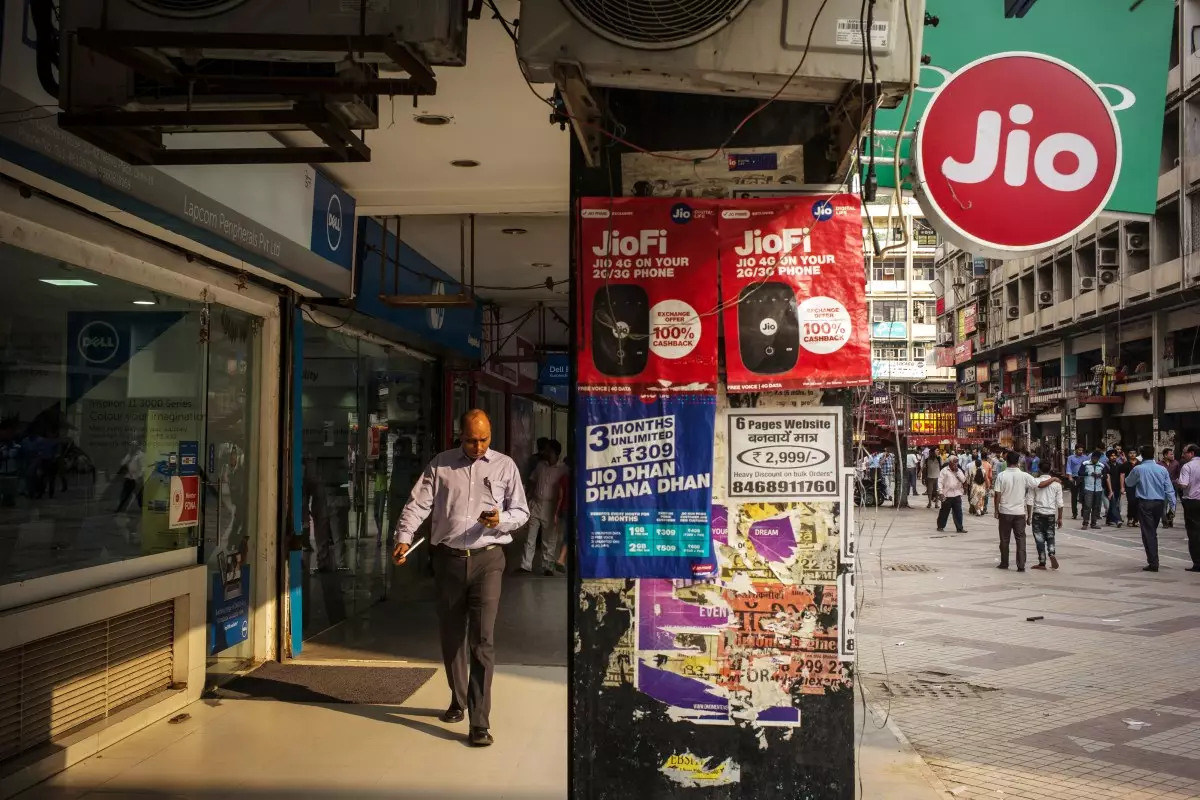The recent enforcement actions by the Indian government, which led to the removal of multiple VPN applications—including popular options like Cloudflare’s 1.1.1.1—from major app stores, signify a pivotal moment in the nation’s digital landscape. This intervention, orchestrated by the Ministry of Home Affairs, reflects growing governmental scrutiny over online privacy and free access to information, marking the first extensive application of India’s 2022 regulatory framework for VPN providers. As authorities mandate that VPN companies maintain extensive user logs and personal data for extended periods, it raises critical concerns about user privacy and the broader implications for Internet freedom in India.
The Indian government has argued that such regulations are necessary for national security and preventing cybercrime. In a documented request from the Indian Cyber Crime Coordination Center, VPN services were cited for allegedly violating Indian laws, leading to their removal from platforms like the Apple App Store and Google Play Store. By compelling VPN providers to store user data—including personal identities and transaction details—the government aims to gain better control over digital activities. However, this approach has faced considerable backlash, as it contradicts the core principle of VPN services, which are designed to enhance privacy and resist surveillance.
The reaction from the VPN industry has been markedly negative, with prominent providers like NordVPN, ExpressVPN, SurfShark, and ProtonVPN openly criticizing the new regulations. They warn that the requirement to retain user data could undermine the primary purpose of VPNs: to offer a secure and anonymous browsing experience. Many of these companies are reconsidering their presence in India altogether. While some continue to offer services to Indian users, they have opted not to market their apps within the country. This strategic retreat underscores a broader tension between providing digital privacy and complying with governmental regulations that prioritize oversight.
For the everyday user, these developments carry significant ramifications. As VPN applications vanish from mainstream platforms, users seeking privacy and security find themselves facing increased challenges. The removal of these services can potentially expose them to tracking, data collection, and censorship. Furthermore, the prospect of limited anonymity online raises alarms about chilling effects on free speech and dissent in an already complicated socio-political environment.
As this regulatory landscape continues to evolve, both consumers and VPN providers face uncertain futures. While the government defends its actions as a necessary step for security, the response from the VPN industry highlights a fundamental clash between digital privacy rights and governmental control. Ultimately, the ongoing discourse surrounding these developments will likely shape the future of Internet governance in India, testing the balance between national security interests and the preservation of individual freedoms within the digital domain.

